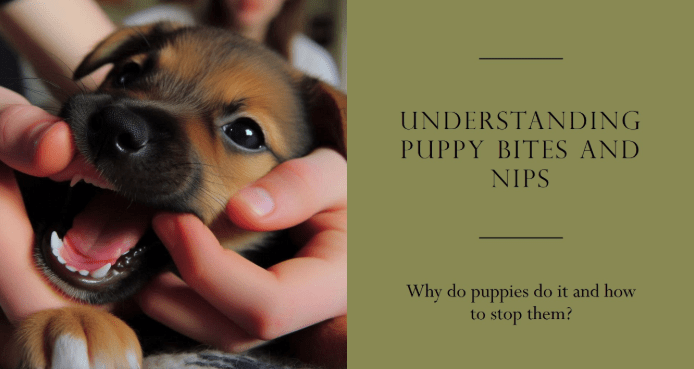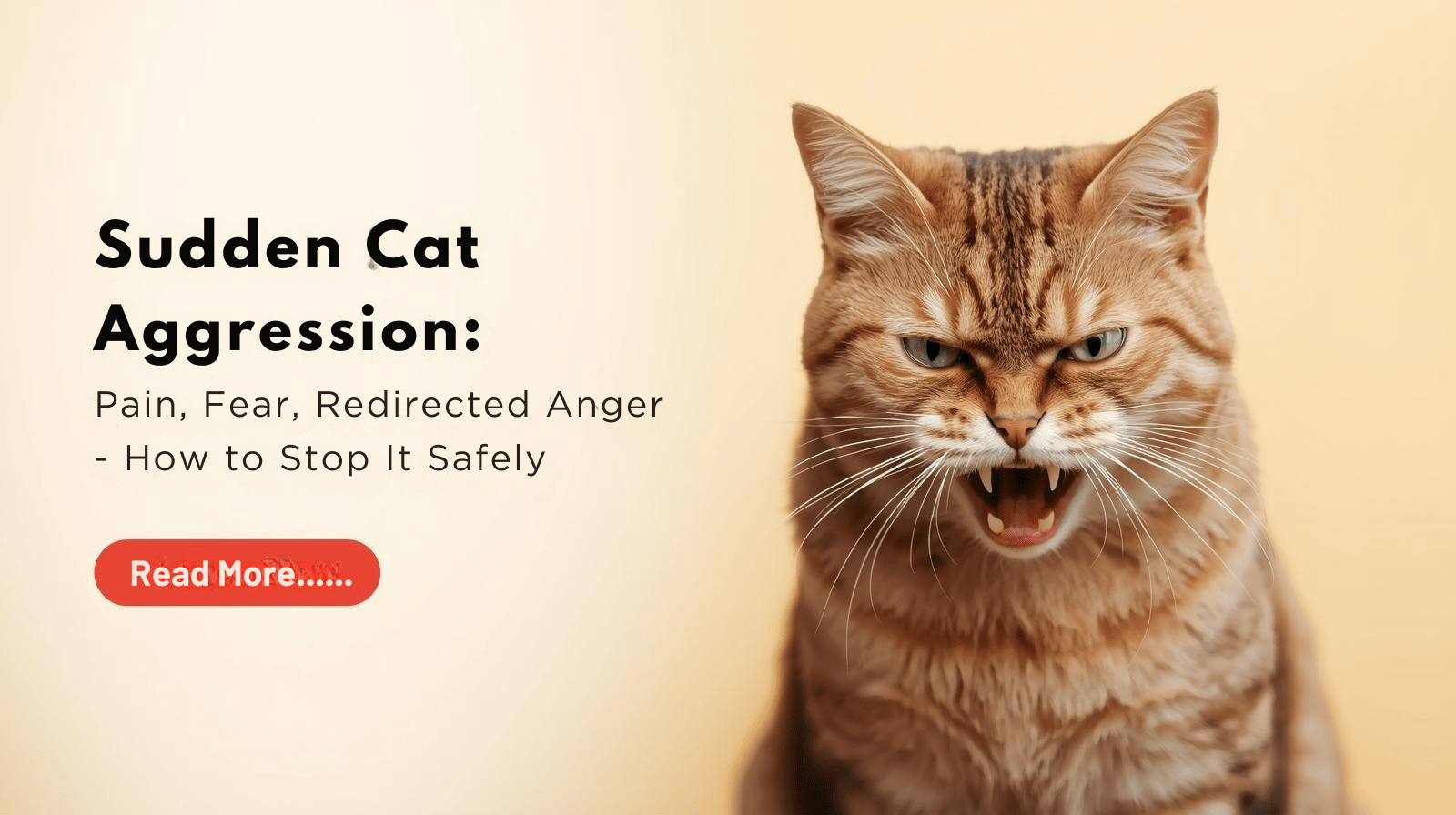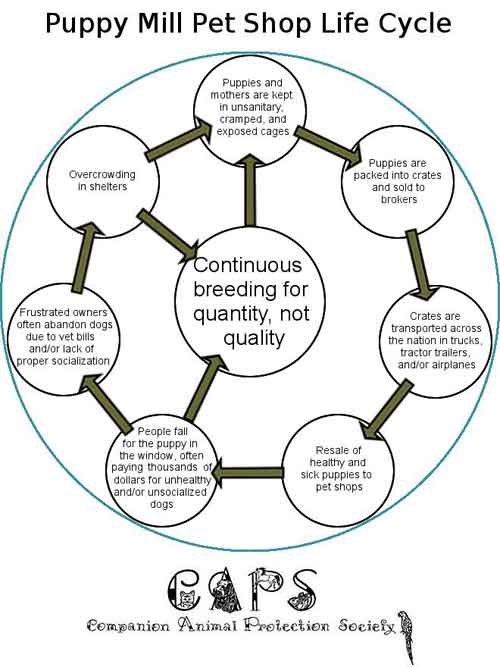The Science Behind Puppy Bites and Nips: Why They Do It and How to Stop?

Puppies are bundles of joy, but their playful nipping can frustrate new owners. Understanding the reasons behind puppy biting is crucial for effective management and training. Let’s explore the underlying motivations and provide practical strategies to curb those pesky bites.
Why Do Puppies Bite?
Puppy biting behavior is influenced by various factors, including:
● Teething: Puppies experience intense discomfort as their adult teeth erupt, causing them to chew on anything to soothe their sore gums. This is a natural and instinctive behavior.
● Exploration: Puppies are curious creatures and use their mouths to explore their world and surroundings. Biting is a natural way for them to investigate objects and learn about the world.
● Playful Excitement: During Play, puppies can get carried away and accidentally bite harder than intended. This is often a result of exuberant energy and a lack of bite inhibition.
● Fear and Anxiety: Puppies may bite when they feel scared, anxious, or overwhelmed. This can be triggered by sudden noises, unfamiliar people, or uncomfortable situations.
● Attention-Seeking: Some puppies may bite to get attention, even if it’s negative attention. This can be a challenging behavior to address.
● Lack of Socialization: Puppies who haven’t been properly socialized may be more likely to bite out of fear or insecurity. Early socialization is crucial for developing appropriate social skills.
Understanding Bite Inhibition
Bite inhibition is a crucial social skill that puppies learn from their littermates. During playful interactions, puppies playfully bite each other. When a bite is too hard, the recipient will yelp or squeal, signaling discomfort. This teaches the biting puppy to regulate its bite force. The mother dog also plays a crucial role in teaching the puppies boundaries.
However, puppies raised in isolation may not have the opportunity to learn this important social cue, which can make controlling their bite pressure difficult.
How to Stop Puppy Biting
1. Teething Relief:
- Provide appropriate chew toys: Offer a variety of safe and durable chew toys, such as rubber toys, rope toys, and nylon bones.
- Freeze toys: Freezing chew toys can provide additional relief for sore gums.
- Dental chews: Consider dental chews specifically designed for puppies.
2. Redirect Biting:
- Offer an acceptable alternative: When your puppy starts to bite, offer them a chew toy instead.
- Teach them to “leave it”: Use the “leave it” command to train your puppy to leave objects alone.
3. Manage Play:
- Supervise play sessions: Closely monitor Play, especially with children.
- Teach appropriate Play: Encourage gentle Play and discourage roughhousing.
- Take breaks: If Play becomes too rough, calmly remove yourself from the situation.
4. Address Fear and Anxiety:
- Create a calm and predictable environment: Minimize sudden noises and stressful situations.
- Provide a safe space: Create a den-like area where your puppy can retreat when feeling overwhelmed.
- Gentle desensitization: Gradually expose your puppy to new people, places, and experiences in a positive and controlled manner.
5. Manage Attention-Seeking Behavior:
- Ignore biting behavior: Calmly and quietly remove yourself when your puppy bites.
- Reward calm behavior: Praise and reward your puppy for calm and appropriate behavior.
- Provide plenty of exercise: Regular exercise can help to reduce frustration and prevent attention-seeking behaviors.
6. Socialization:
- Early and frequent socialization: Positively and controlled expose your puppy to various people, places, and experiences.
- Puppy classes: Enroll your puppy in a socialization class to help them learn appropriate social skills.
When to Seek Professional Help:
If your puppy’s Biting is excessive or you struggle to manage it, consult a certified professional dog trainer or a veterinarian. They can provide personalized guidance and address any underlying issues.
Conclusion
Puppy biting is a typical and usually manageable behavior. By understanding the underlying causes and implementing appropriate training strategies, you can effectively curb those pesky bites and build a strong and loving bond with your furry friend. Patience and consistency are key to successful training.







